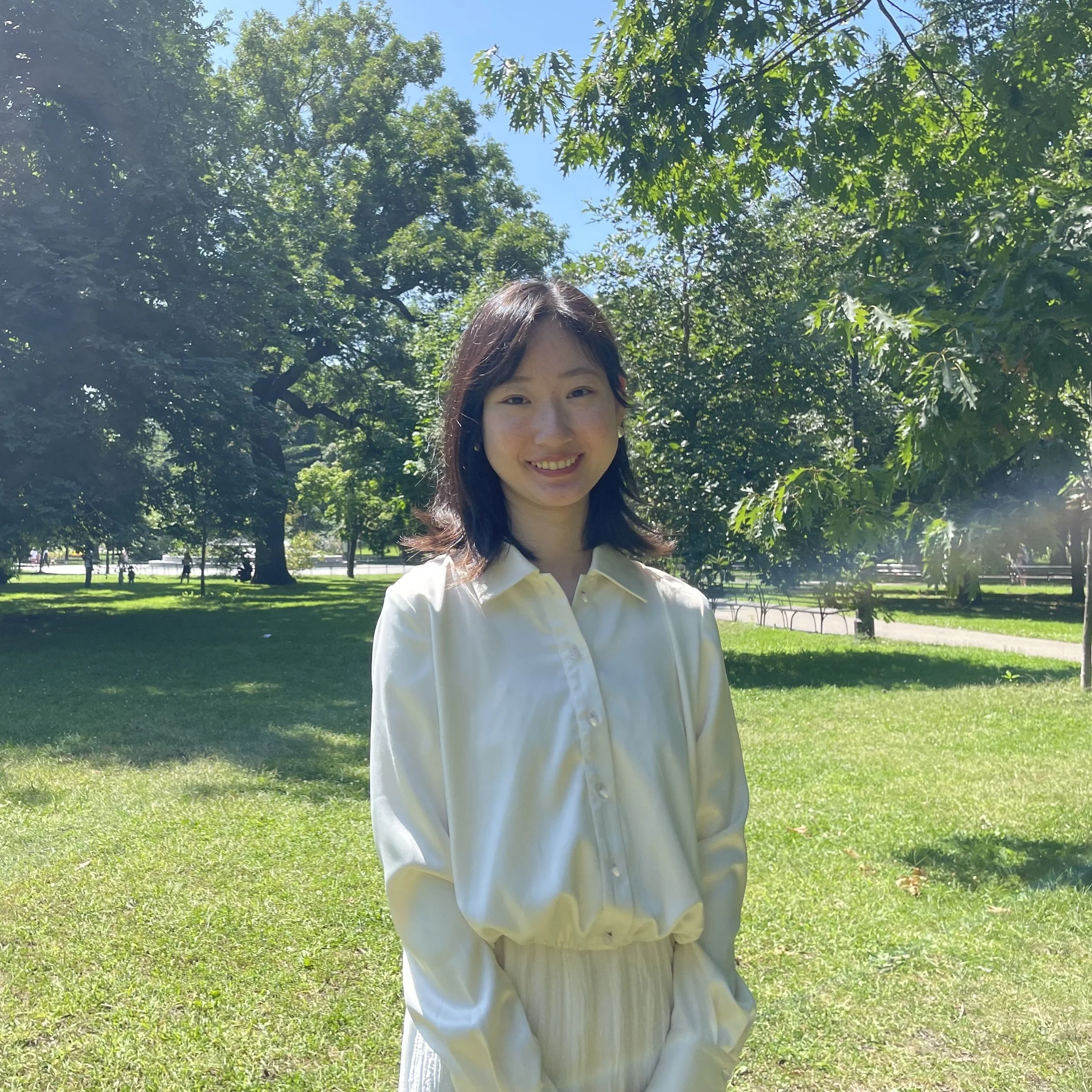Speaking Different Love Languages: How Canadian and Chinese Partners Show Affection
Imagine one partner working long hours, sending money, and making sure the household is secure. For them, this is love in action. The other partner longs to hear “I love you” at the end of the day or feels cared for through a hug or small compliment. Both are showing love, but in very different ways.
This tension is common in Canadian–Chinese relationships. Affection is there, but it does not always look or sound the way the other expects.
Canadian habits of showing affection
In Canada, affection is often tied to openness. Words and gestures of closeness are considered essential for a healthy relationship.
Common expressions of love in Canada include:
Saying “I love you” regularly
Sharing emotions openly
Hugs, kisses, and casual physical touch
Celebrating birthdays or anniversaries with gifts and experiences
Many Canadians expect love to be expressed frequently and directly.
Chinese expressions of love
In many Chinese families, love is understood as loyalty, effort, and responsibility. Instead of frequent words or touch, affection shows up in everyday sacrifices and long-term commitment.
Common expressions of love in Chinese culture include:
Providing financial security and stability
Acts of service such as cooking or making sure a partner is cared for
Supporting education and career goals
Staying loyal to family duties and obligations
The expectation is that love is proven through action and consistency, not constant verbal affirmation.
Where the wires sometimes cross
When these styles meet, misunderstandings are easy:
A Canadian partner may see a lack of words as emotional distance
A Chinese partner may feel their sacrifices are invisible if they are not acknowledged
Public displays of affection may feel natural to one and uncomfortable to the other
One partner might equate love with reassurance, while the other sees it in effort and stability
These mismatches can leave both partners feeling unappreciated, even when both are giving deeply.
Bridging Canadian and Chinese love languages
Instead of assuming love should look the same, couples can treat cultural differences as opportunities to expand their understanding of affection.
Ways to bridge the gap include:
Trade insights: Talk about what you grew up seeing as love in your family
Name your needs: If hearing “I love you” matters, say so. If loyalty and commitment are your way of showing care, explain that
Look for balance: Canadians can learn to recognise acts of service as meaningful, while Chinese partners can practice offering more words or physical affection
Stay curious: Instead of seeing differences as rejection, see them as another language to learn
How counselling can help
Sometimes, love language differences feel too personal or too ingrained to talk through easily. Counselling gives couples a neutral space to explore how culture shapes the way they show love and what each partner needs to feel secure.
A counsellor can help by:
Pointing out patterns of miscommunication that couples may not notice
Creating a safe space to talk about sensitive topics like family expectations or affection
Helping partners experiment with new ways of showing love that feel natural to both
Supporting couples in building a shared “relationship language” that honours both cultures
For many Canadian–Chinese couples, counselling is not about changing who they are but about finding a way to connect that respects both partners’ backgrounds.
Closing thoughts
Love languages are not universal nor are they universal within a culture. Canadians often show affection through words and touch, while Chinese partners may focus on loyalty, sacrifice, and responsibility. These differences can cause tension, but they can also deepen a relationship when both partners take the time to understand each other’s ways of showing care. Love may be spoken, shown, or lived out quietly, but in all its forms it has value.
Questions couples often ask (FAQs)
Why does my Chinese partner avoid saying “I love you”?
Because in many Chinese contexts, words alone are not considered proof of love. Effort and sacrifice carry more weight.Why does my Canadian partner want constant reassurance?
In Canadian culture, verbal affirmation and physical closeness are considered healthy ways to keep intimacy alive.What if I feel unseen in my relationship?
It is important to talk openly. Many couples do not realize how differently they view love until it is discussed directly.Can couples really make two styles work?
Yes. Many Canadian–Chinese couples thrive by learning to value both approaches and blending them into something unique.
About Chiharu Yanagawa
In my work as a therapist in Vancouver, I often meet Canadian–Chinese couples who care deeply for one another but feel a disconnect in how love is expressed. What one partner sees as loyalty and sacrifice, the other may long to hear in words or feel through touch. These differences are not signs of incompatibility; they are reflections of cultural values that shape how love is shown.
Counselling offers a space to bridge these gaps, honouring both partners’ backgrounds while building a shared way of expressing affection that feels supportive and genuine. If you and your partner are struggling with mismatched love languages, know that understanding and balance are possible with the right tools and support.

